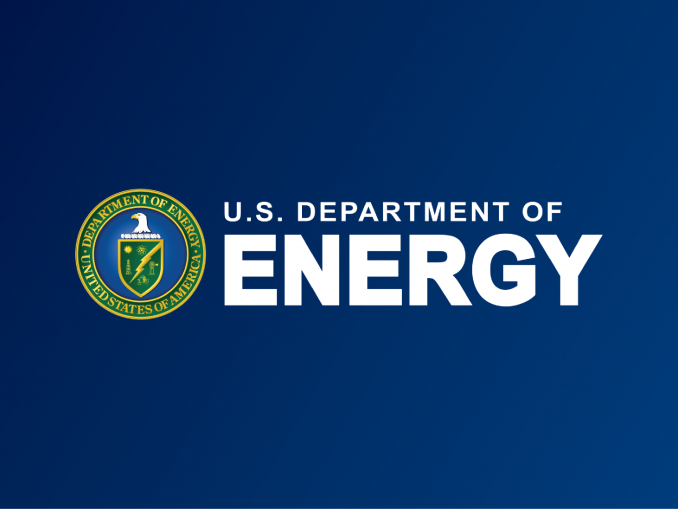Advancing Clean Hydrogen: DOE's Investment in Solid Oxide Fuel Cell Technology
Key Ideas
- The U.S. DOE is investing $4 million to enhance solid oxide fuel cell technology for clean hydrogen applications in electricity generation, industrial decarbonization, and transportation.
- The focus is on reversible solid oxide fuel cell (R-SOFC) systems, offering energy efficiency in hydrogen production, storage, renewable energy conversion, microgrids, and more.
- The technology has potential in diverse applications including carbon capture, national defense, and space programs, utilizing abundant U.S. material resources for global energy security.
- Projects under this funding will contribute to DOE's Hydrogen Shot initiative, aiming to reduce clean hydrogen costs by 80% to $1 per kg in one decade for widespread adoption in the U.S.
The U.S. Department of Energy's Office of Fossil Energy and Carbon Management has announced a $4 million federal funding opportunity to advance clean hydrogen through solid oxide fuel cell technology. The focus is on expanding the versatility and applicability of reversible solid oxide fuel cell systems, which offer various energy efficiency and clean energy applications such as hydrogen production, storage, renewable energy conversion, microgrids, and more. The initiative aims to lower costs and improve the commercial viability of this technology to support the Biden-Harris Administration's climate goals.
The technology has the potential to be used in distributed applications like data centers, high-temperature solid oxide electrolysis cells for hydrogen production, and carbon-capture designs that are carbon dioxide-pipeline ready. Additionally, it has applications in national defense, space programs, and health initiatives, utilizing abundant U.S. material resources. The versatility of the technology, combined with its fuel flexibility and hydrogen production capabilities, offers competitive and security advantages in the global energy landscape.
Projects selected under this funding opportunity will focus on reducing degradation in high-temperature R-SOFC systems, enhancing lifetime degradation rates, and developing stable electrochemical systems. The advanced technology developed under this initiative will support the DOE's Hydrogen Shot initiative, aiming to significantly reduce the cost of clean hydrogen to enable widespread adoption and new pathways for hydrogen development in the United States. The application deadline for this opportunity is December 2, 2024, and it aligns with FECM's goal of minimizing environmental and climate impacts while working towards net-zero emissions across the U.S. economy.
Topics
Production
Clean Energy
Energy Efficiency
Transportation
Research And Development
Electricity Generation
Technology Advancement
Carbon Management
Federal Funding
Industrial Decarbonization
Latest News
